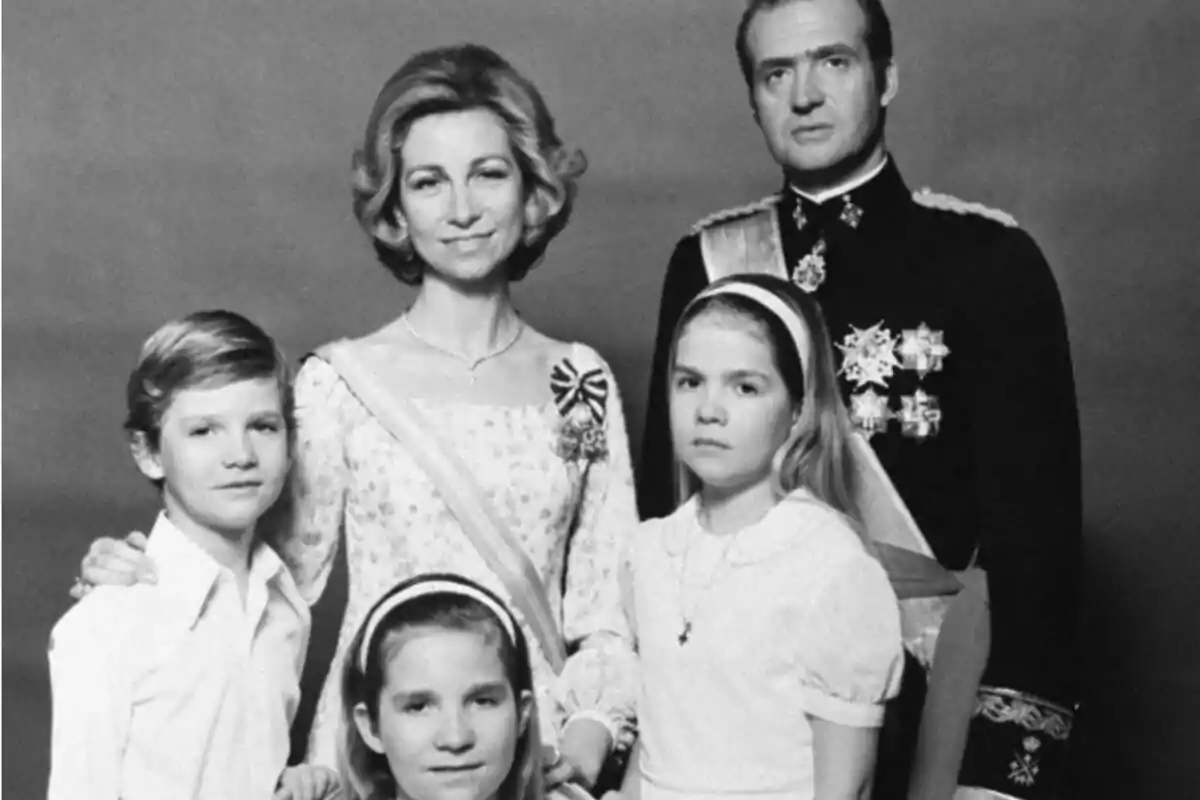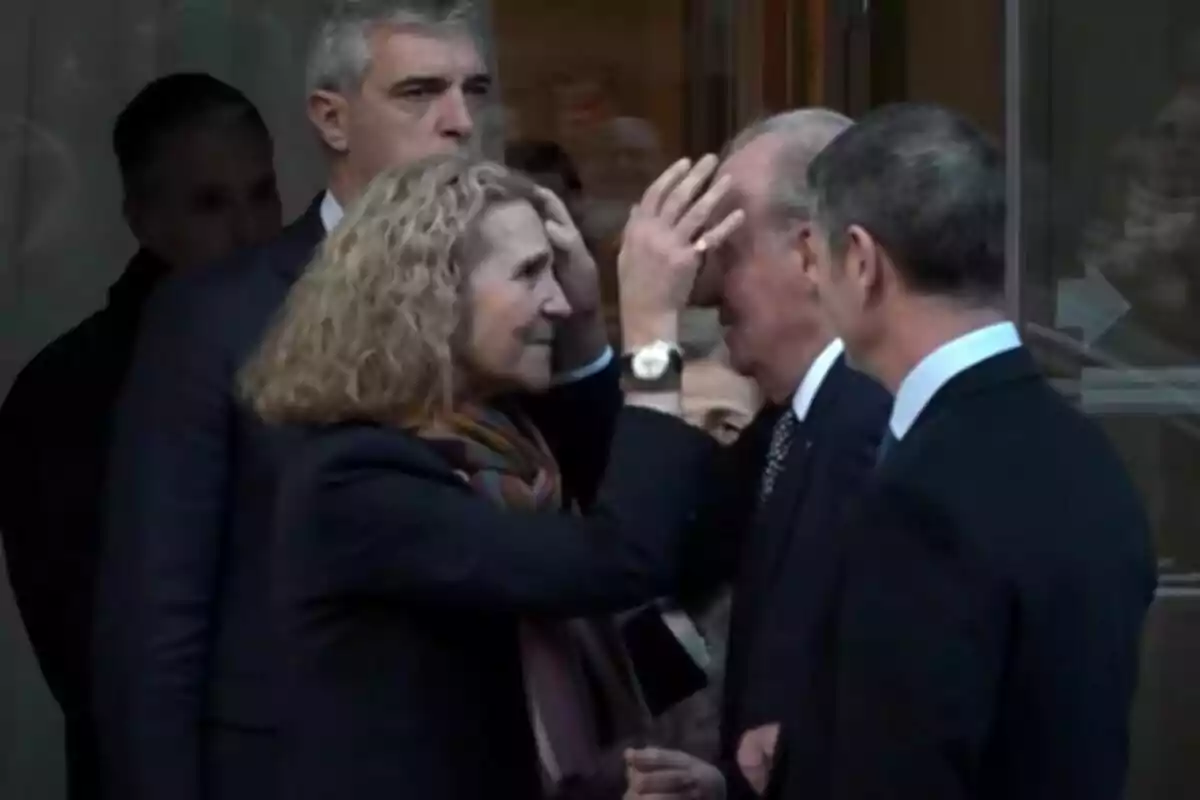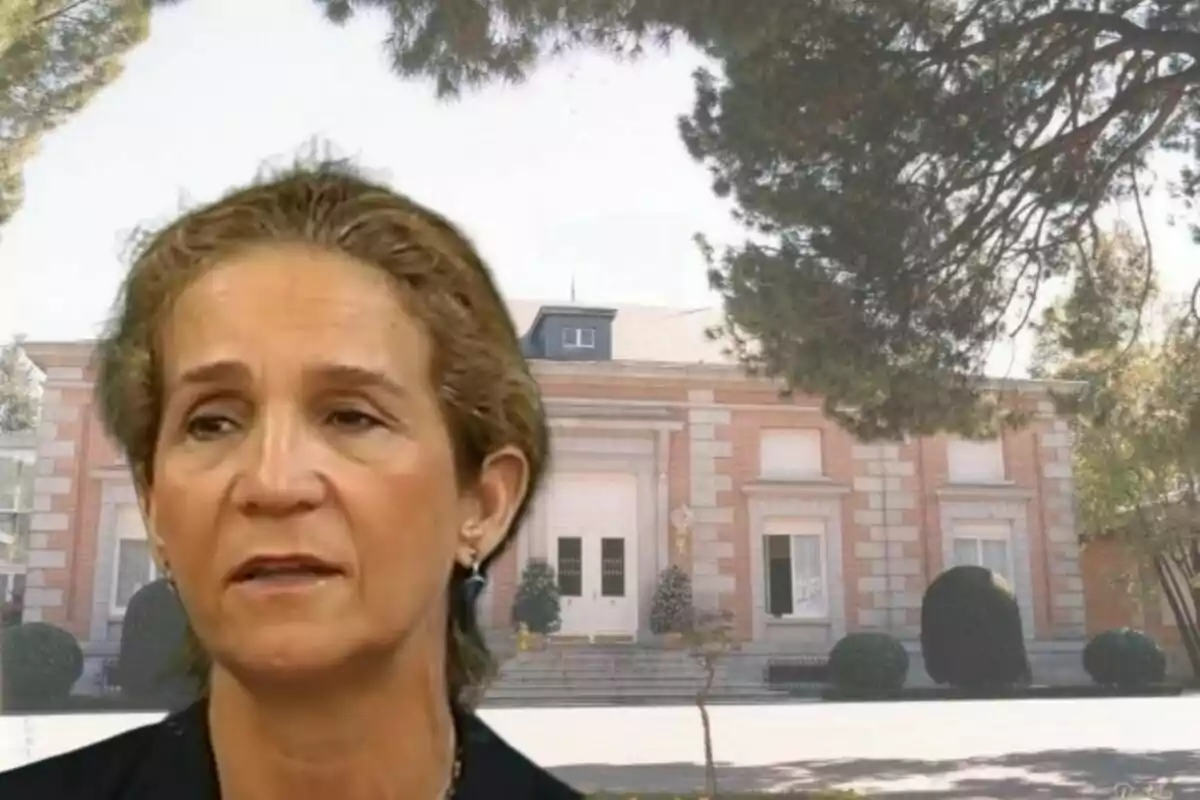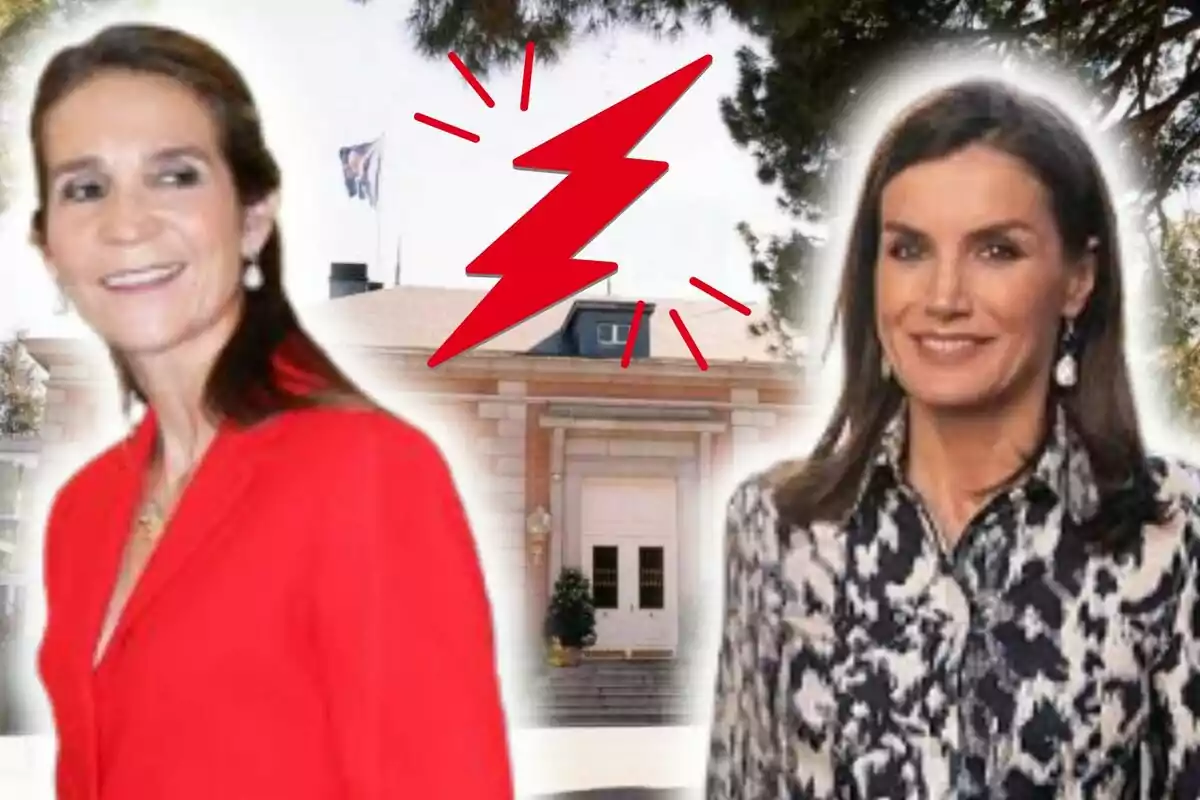The relationship between a father and a daughter often transcends logic and protocol. In Infanta Elena's case, this bond has become an almost full-time mission, an air bridge of loyalty and concern connecting Madrid with Abu Dhabi. The relationship between the two has always been very good, although there is an anecdote that makes it very clear what Juan Carlos thinks about his eldest daughter.
The drafters of the Constitution proposed to the King the option of eliminating male priority in the succession to the Crown. Juan Carlos I didn't even think about it. He refused to do so. He didn't see his daughter as capable of reigning.
In recent months, every round trip has been filled with growing anguish, that of a daughter who sees time running out for her father, King Juan Carlos I, and who has decided to take matters into her own hands, no matter the cost.

The situation is no longer an open secret, but a palpable reality that Elena confirms with every visit. The public image of the emeritus, leaning on his cane, is just the tip of the iceberg of a relentless decline that deeply worries his closest circle.
The emeritus's health, a clock ticking against him
The medical diagnosis reflects his fragility. Severe osteoarthritis has drastically limited his mobility to the point that one of his legs barely responds. Doctors have insisted on the need to use a wheelchair permanently, but the pride of the former head of state for almost four decades prevails. He refuses to project an image of weakness before the cameras, clinging to his cane as the last symbol of his fortitude.
But the problems aren't just bone-related. The emeritus lives with a pacemaker that regulates his heart and, according to En Blau, his memory is starting to fail. Episodes of disorientation, names that slip away, and anecdotes that vanish into thin air have set off all the alarms. Some sources deny this decline, such as Pilar Eyre, one of the leading experts on the royal household.

The father's pride versus the son's duty
Amid this delicate personal situation, the relationship between Juan Carlos I and his son, King Felipe VI, is at one of its lowest points. The tension isn't new, but the latest episode has rekindled the embers of their estrangement. The emeritus's decision to sue Miguel Ángel Revilla over statements about money he allegedly had abroad was the last straw.
From Zarzuela, Felipe VI asked him to withdraw the lawsuit, an attempt to avoid another scandal that could affect the Crown. His father's refusal was emphatic, an act of defending his honor that his son interpreted as recklessness, putting personal pride before institutional duty. This clash has further cooled their ties, creating a wall of silence between them.
Elena's plea and the Zarzuela wall
It is in this family battleground that Infanta Elena has decided to intervene. Acting as a mediator and spokesperson for her father's pain, she has gone directly to her brother. Her request is clear and desperate: to forgive, to set aside resentment, and to think more as a son than as a king.
She has pleaded with him to allow their father to return to Spain so he can spend his final years in his country and not in the loneliness of a gilded exile.

However, in Zarzuela's equation there is one unmovable variable: Queen Letizia. Although the final decision rests with Felipe VI, the queen's influence in protecting the monarchy's image is essential.
Doña Letizia is aware that any concession to the emeritus could be interpreted as a weakness and reopen wounds in public opinion. Her stance, according to journalistic circles, is firm: the stability of the Crown is the top priority. On top of all this is the deep animosity Letizia feels toward her father-in-law. An animosity that, meanwhile, is mutual.
For now, the only concession Elena has achieved is a small intermediate step. Felipe VI has agreed to let his father settle in Cascais (Portugal), a solution that brings him closer from the thousands of kilometers (km) of Abu Dhabi, but doesn't mean his definitive return to Spain. This move brings the father geographically closer, but keeps the emotional and institutional distance intact.
Infanta Elena doesn't give up. She knows that time is her greatest enemy and every passing day is a lost opportunity. Will her daughter's plea soften the stance of a king caught between duty and family feeling?

